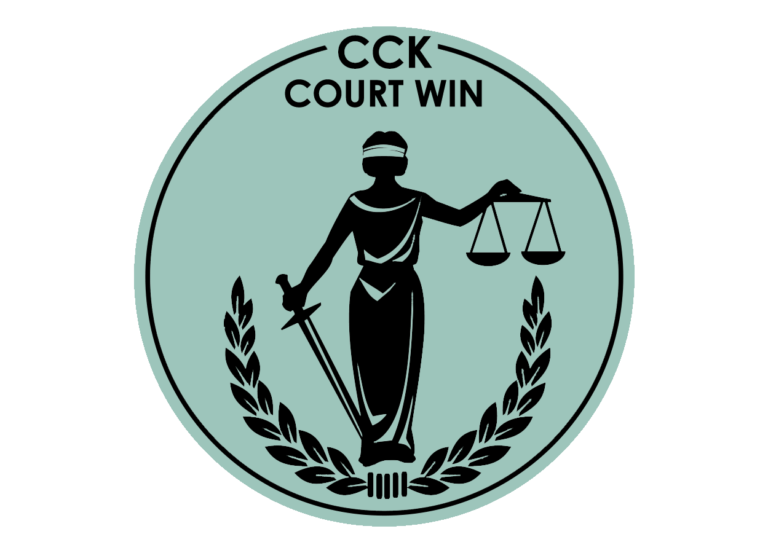Board Erred in Denying SMC Based on Need for Aid and Attendance

CCK Law: Our Vital Role in Veterans Law
Factual and Procedural History
The Veteran served honorably in the United States Army from December 1966 to October 1968. Following service, she was awarded service connection for a heart murmur and assigned a noncompensable rating. In September of 2008, she requested non-service-connected pension and aid and attendance in connection with several disabilities, including a stroke. In a February 2009 statement, the Veteran referenced a December 2008 VA letter addressing her “service-connected compensation request for heart disease” and noted that her medical records would support her claim. A subsequent VA examination diagnosed her with stage 2 congestive heart failure secondary to valvular heart disease. As a result, VA reclassified her service-connected heart condition as valvular heart disease with cardiac arrhythmia and assigned a 100 percent rating. In a March 2009 letter, VA stated it would not consider the Veteran’s request for non-service-connected pension benefits because her service-connected benefits had increased.
In September 2009, the Veteran requested special monthly compensation (SMC) for aid and attendance, stating that she was under care of a physician with severe service-connected disabilities and legally blind. However, in a November 2009 Report of General Information, a VA employee noted that she called the Veteran for clarification, and the Veteran responded over the phone that she was “only claiming aid and attendance and not service connection for a blind condition”. In February of 2010, VA requested that an examiner provides an opinion as to whether the Veteran’s stroke was due to her valvular heart disease and whether it was as likely as not aggravated by the service-connected condition. In March of 2010, the examiner concluded that it was less likely than not that the Veteran’s cerebrovascular accident was caused by or related to her valvular heart disease. Ultimately, the Veteran was denied entitlement to SMC based on aid and attendance.
Board denies entitlement to SMC based on need for aid and attendance
On May 17, 2017, the Board issued a decision that denied the Veteran entitlement to SMC based on the need for regular aid and attendance. In its decision, the Board found that, although the Veteran was legally blind for SMC purposes, her blindness was due to a non-service-connected stroke. Namely, the Board relied on the March 2010 VA examination to conclude that there was no relationship between the Veteran’s service-connected valvular heart disease and her stroke. The Board also noted that no claim was filed for the Veteran’s stroke. Additionally, the Board found that her valvular heart disease alone did not result in the need for regular aid and attendance.
CCK argues against Board’s reliance on 2010 VA medical opinion
CCK successfully appealed to the Court of Appeals for Veterans Claims the Board decision that denied entitlement to SMC based on the need for regular aid and attendance. CCK argued that the Board erred when it relied on a 2010 VA medical opinion to deny the claim, as the opinion did not address whether the Veteran’s service-connected heart condition caused or aggravated the condition that resulted in her stroke and blindness, or otherwise made the stroke worse. Specifically, CCK asserted that the Veteran’s original claim for SMC encompassed a claim for service-connected blindness and the stroke, because those were necessary to support the SMC claim. CCK further argued that the Regional Office transcript was not enough to withdraw those claims under the regulations.
CAVC remands Veteran’s claim for SMC back to the Board
CCK argued, and the Court agreed, that the Board erred when it denied the Veteran entitlement to SMC based on the need for regular aid and attendance. The Court held that VA has taken inconsistent positions on whether there was a claim for service connection for the stroke and blindness. Accordingly, the Court remanded the case in order for the Board to answer several questions on the issue and provide a statement of reasons and bases explaining the following: (1) whether the September 2009 SMC claim encompassed a secondary service connection claim for stroke and blindness; (2) whether the March 2009 VA medical opinion addressing secondary service connection for stroke was obtained in error; (3) whether the April 2010 Rating Decision and May 2012 Statement of the Case contained implicit denials of secondary service connection for stroke that would have a preclusive effect on any future claims for this condition; and (4) whether the Board has jurisdiction over the issue of entitlement to secondary service connection for stroke and blindness.
To read the Court’s full decision, click here.
About the Author
Share this Post
